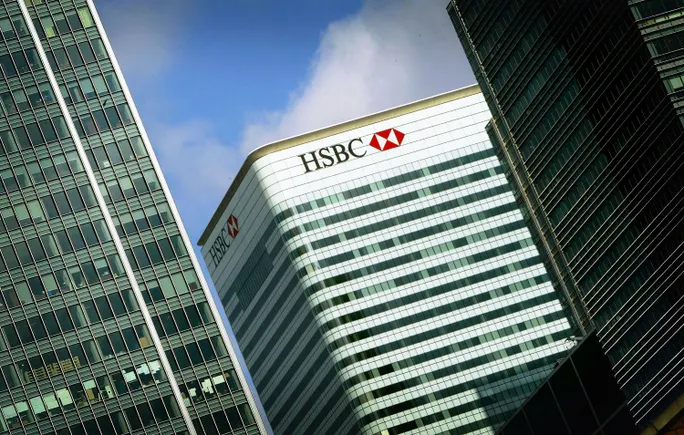
Dive Brief:
- HSBC is leaving the United Nations-backed Net-Zero Banking Alliance, the bank said in a statement Friday, following an exodus of U.S.-based institutions that has spread beyond the nation’s borders.
- “Welike many of our global peers, have decided to withdraw from the NZBA,” the London-based bank said. HSBC said the NZBA “played a role in developing guiding frameworks to help banks establish their initial target-setting approach” and it exits the alliance “with this foundation in place.”
- Some of the largest U.S. banks fled the climate alliance in anticipation of President Donald Trump’s inauguration in January. The effects of those exits have rippled into other regions, and five of the largest Canadian banksincluding the Royal Bank of Canada, also withdrew their participation by the end of January.
Dive Insight:
HSBC departs NZBA in a year where it has appointed a new chief sustainability officer and delayed its net-zero target date by two decades, from 2030 to 2050. The change at the CSO role followed an October 2024 reshuffling of the bank’s executive operating committee, when it dropped the role from that decision-making board.
Despite the shifts, HSBC said Friday it will continue to engage with the Glasgow Financial Alliance for Net Zero, an independent climate alliance, and remains “resolute” in its net-zero ambition and “supporting [its] customers to finance their transition objectives.”
The bank said it uses financed emissions targets as “one mechanism” to track progress toward its Net Zero Transition Planinitially set in January 2024, and that its approach to setting those targets “will continue to be informed by the latest scientific evidence and credible industry-specific pathways.”
HSBC said it is working toward a revised Net Zero Transition Plan later this year.
The climate alliance exit comes after investors, who collectively represent £1.2 trillion (over $1.6 trillion), pressed HSBC to “urgently affirm” its commitment to its net-zero plans at its annual meeting in May. More than 30 investors, organized by responsible investment NGO ShareAction, pushed HSBC to confirm its intent to continue to make progress on its climate policies.
U.K.-based ShareAction said it “strongly condemns” the decision, which Jeanne Martin, the organization’s co-director of corporate engagement, said in an emailed statement, “is yet another troubling signal around the bank’s commitment to addressing the climate crisis.”
“Investors will be watching closely how this backsliding move will translate into its disclosures and policies,” Martin said. “It sends a counterproductive message to governments and companies, despite the multiplying financial risks of global heating and the heatwaves, floods, and extreme weather it will bring.”








